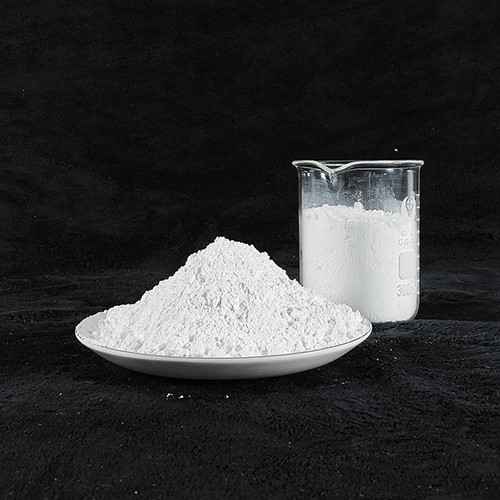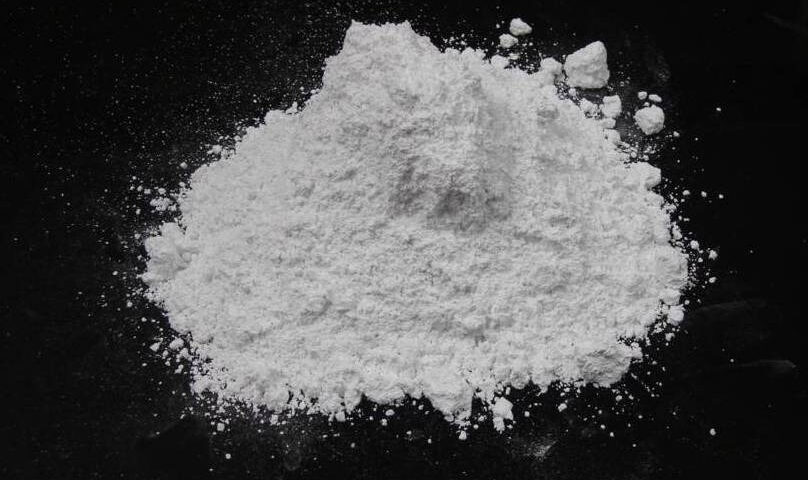Is GCC compatible with all types of polymers in the plastics industry?

Can Activated Calcium Carbonate be used in agriculture?
August 14, 2023
How should Dolomite Powder be stored?
August 28, 2023
Ground Calcium Carbonate (GCC) has emerged as a versatile and widely-used additive in the plastics industry, offering a plethora of benefits to polymer manufacturers. Mewar Microns understands the importance of elucidating its compatibility with various types of polymers. In this blog post, we will explore the compatibility of GCC with different polymers, highlighting its impact on mechanical, thermal, and processing properties.
Understanding GCC
GCC is a natural mineral derived from limestone or marble, processed into fine particles with controlled particle size distributions. Its surface properties and purity make it an ideal choice for diverse industrial applications, including the plastics industry.
Environmental Benefits
Incorporating GCC into polymers can lead to a reduction in the overall environmental impact of plastic products. By replacing a portion of polymer with a natural mineral, the demand for non-renewable resources decreases. Additionally, it is inert and non-toxic, making the final composite safer for various applications.
GCC Compatibility with Common Polymers
Polyethylene (PE): It exhibits excellent compatibility with both low-density polyethylene (LDPE) and high-density polyethylene (HDPE). When incorporated as a filler, GCC enhances the stiffness and dimensional stability of PE products while reducing material costs.
Polypropylene (PP): It is widely used as a cost-effective filler in polypropylene, contributing to improved tensile strength, flexural modulus, and impact resistance. The incorporation of this natural compound also reduces the coefficient of thermal expansion, making it suitable for various automotive and packaging applications.
Polyvinyl Chloride (PVC): In PVC formulations, it acts as a filler and impact modifier, enhancing mechanical properties and reducing brittleness. Moreover, it contributes to improved weather resistance and UV stability, making PVC-GCC composites ideal for outdoor applications.
Polystyrene (PS): It can be effectively blended with polystyrene to improve its stiffness and dimensional stability. However, it is essential to choose the appropriate particle size of this mineral to maintain transparency, especially in applications where clarity is crucial.
Polyethylene Terephthalate (PET): It has found applications in PET packaging, where it acts as a reinforcing agent, improving tensile strength and barrier properties. The addition of this compound also reduces gas permeability, enhancing the shelf life of packaged goods.
Impact on Mechanical Properties
GCC's compatibility with various polymers significantly impacts their mechanical properties. By acting as a filler, it improves tensile strength, flexural modulus, and hardness, making polymers more robust and durable. However, it is crucial to balance this compound’s loading level to avoid compromising other properties like elongation and impact resistance.
Influence on Thermal Properties
The addition of GCC to polymers affects their thermal behavior. As a mineral with a higher thermal conductivity than most polymers, it enhances the overall thermal conductivity of the composite material. This property is particularly advantageous in applications where heat dissipation or thermal management is essential.
Processing Considerations
GCC is relatively easy to incorporate into polymer matrices during compounding and extrusion processes. However, the choice of processing parameters, such as temperature, screw speed, and mixing time, can influence the dispersion and distribution of GCC particles in the polymer matrix. Proper processing optimization is necessary to achieve uniform dispersion and maximize the performance benefits of this compound.
Conclusion
GCC stands as a versatile and beneficial additive in the plastics industry. Its compatibility with a wide range of polymers opens up new opportunities for product innovation and performance enhancement. By understanding the unique attributes of this mineral and its compatibility with different polymers, Mewar Microns unlock the full potential of this remarkable mineral in their polymer formulations.

